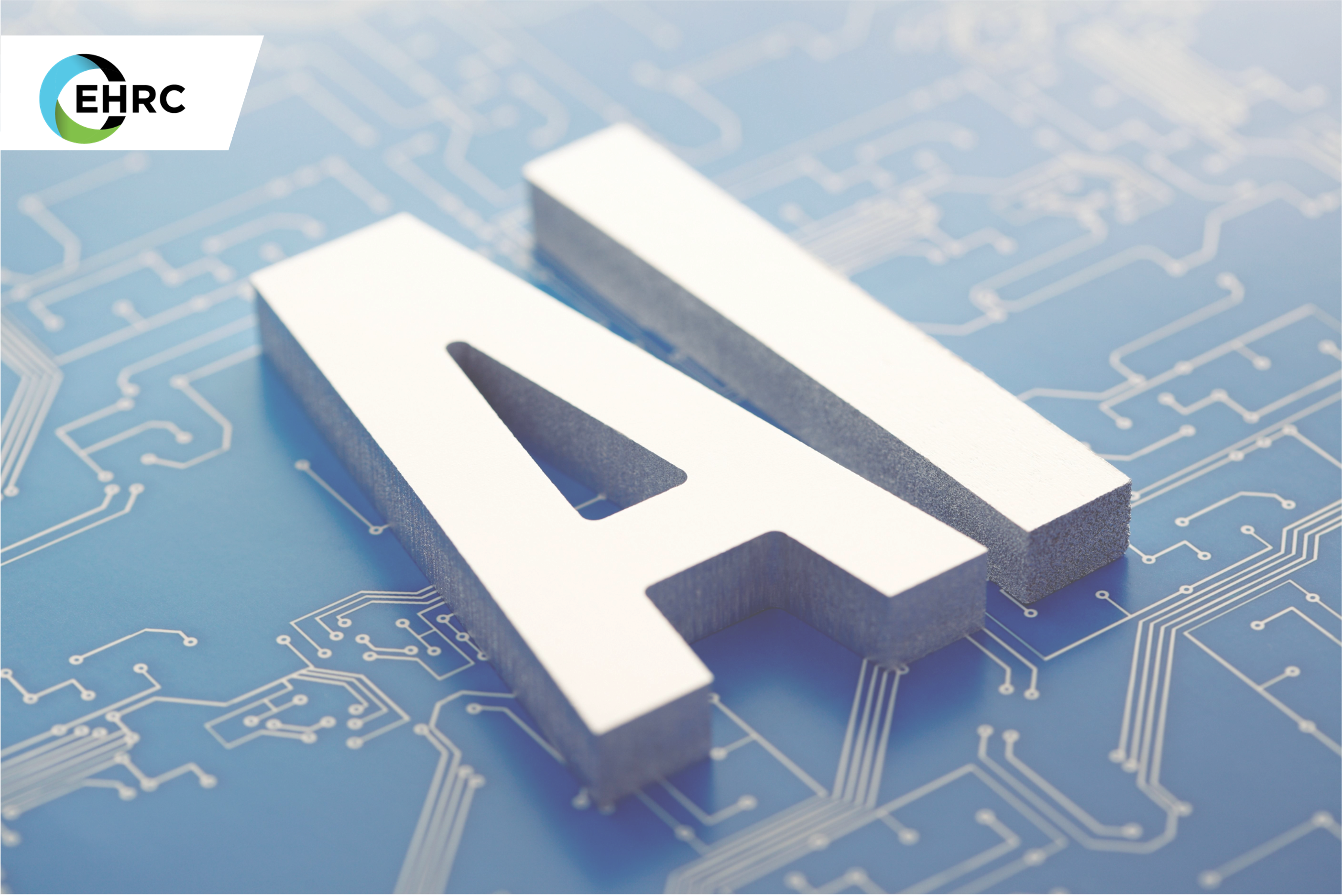How AI Will Revolutionize EHRs In 2024
EHR (Electronic Health Records) have become the backbone of modern healthcare. They provide a centralized platform for storing and accessing patient data, improving provider communication and overall care quality. However, EHRs still face challenges, including administrative burdens, inefficient workflows, and data silos.
Artificial intelligence (AI) is rapidly emerging as a solution to these challenges. By integrating AI into EHRs, we can unlock a new era of healthcare delivery that is more efficient, personalized, and patient-centered.
Here are some key ways AI will revolutionize EHRs in 2024:
Streamlining Administrative Tasks:
- AI-powered chatbots can handle routine tasks like scheduling appointments, answering patient questions, and processing insurance claims.
- Natural language processing (NLP) can automate the creation of clinical notes and reports, freeing up physician time for patient care.
Improving Clinical Decision-Making:
- AI can analyze medical data to identify trends, patterns, and potential risks.
- This information can develop personalized treatment plans, reduce medication errors, and predict patient outcomes.
Enhancing Patient Engagement:
- AI-powered virtual assistants can provide patients with personalized health information and reminders.
- Chatbots can offer support and help patients manage their chronic conditions.
Optimizing Revenue Cycle Management:
- AI can accurately identify and code diagnoses and procedures, reducing claim denials and improving reimbursement.
- Predictive analytics can forecast patient needs and resource utilization, enabling more efficient resource allocation.
Driving Innovation and Research:
- AI can analyze EHR data to identify potential areas for research and development.
- This data can provide information needed to help develop new drugs, therapies, and diagnostic tools.
Challenges and Considerations:
While the potential benefits of AI in EHRs are vast, there are also challenges to consider:
- Data Privacy and Security: Ensuring patient data privacy and security is paramount. Robust data governance frameworks and cybersecurity measures are essential.
- Interoperability: EHR platforms must be interoperable to facilitate seamless data exchange between healthcare providers.
- Algorithmic Bias: AI algorithms can perpetuate existing biases in healthcare. Ensuring that AI is developed and deployed ethically and responsibly is crucial.
The Future of AI in EHRs:
Despite the challenges, the integration of AI into EHRs is inevitable. As AI technology evolves, we can expect even more transformative applications in healthcare. This tech will lead to a future where healthcare is more efficient, personalized, and accessible for all.
EHR Concepts is committed to being at the forefront of innovation in the healthcare IT space. We are actively exploring integrating AI into our EHR platform to provide our clients with the best tools and resources to improve patient care.
We are excited to see how AI continues to transform healthcare in the years to come and how we at EHR Concepts can help.
📞 888.674.0999
📩 info@ehrconcepts.com

